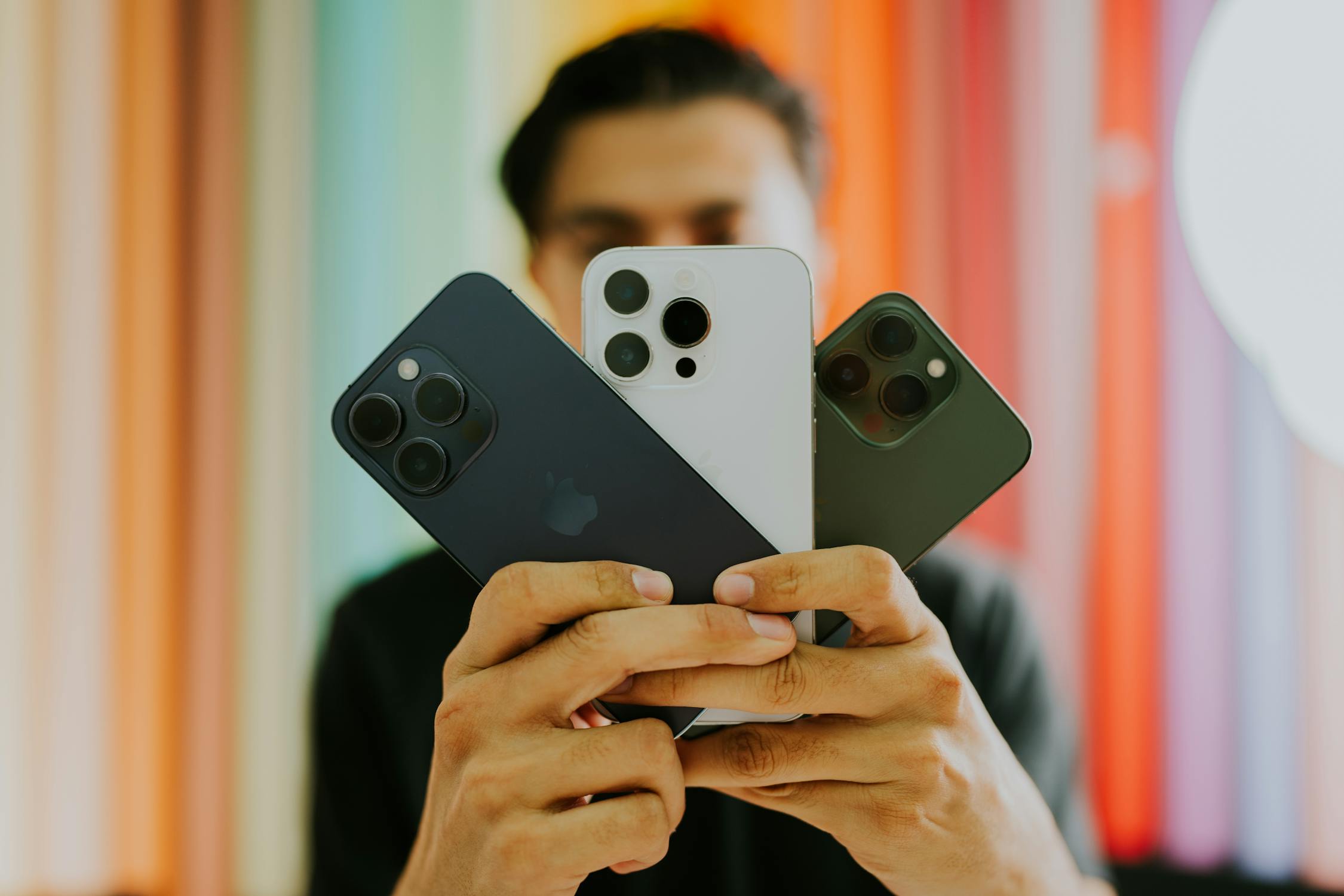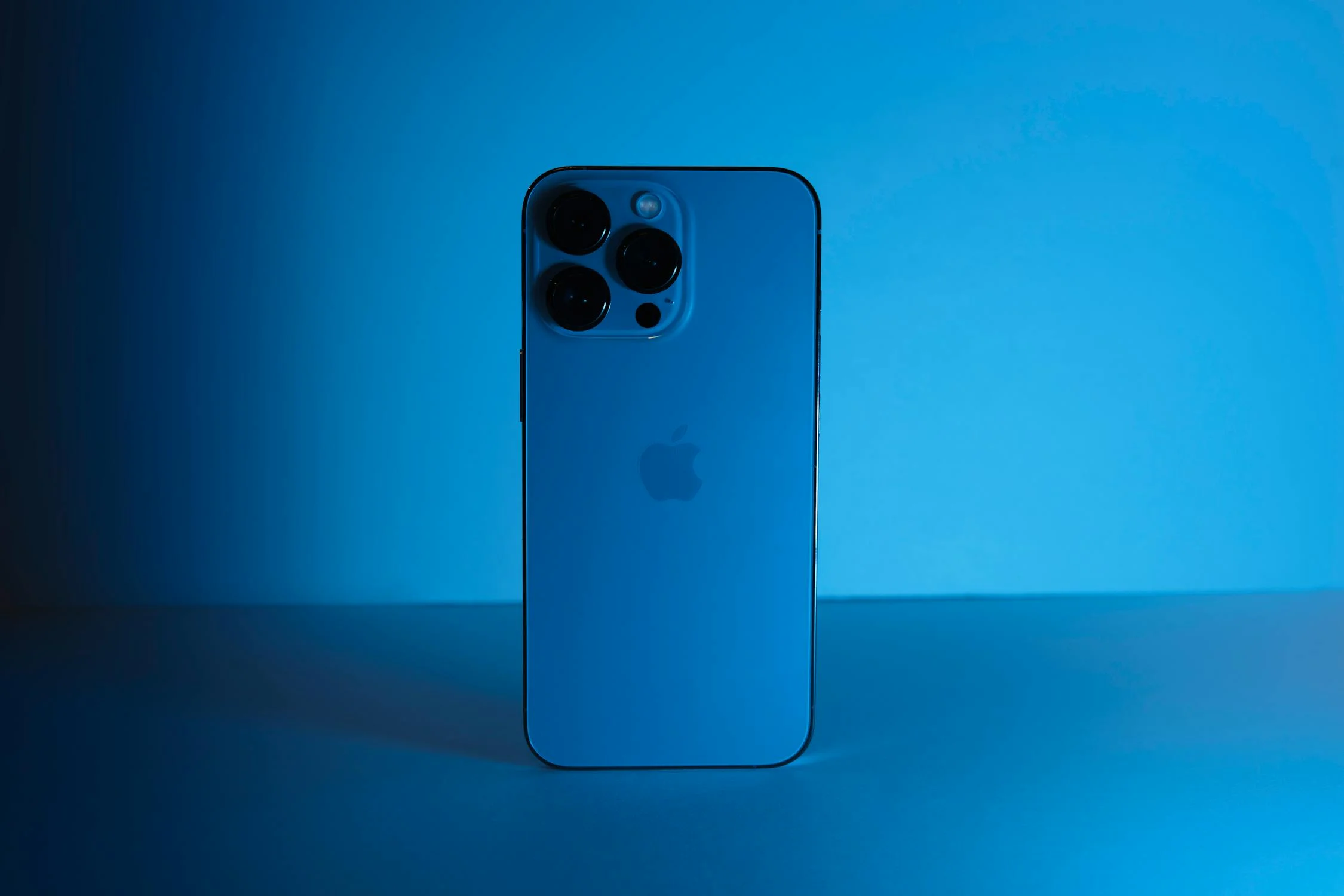According to Statista, nearly 1.4bn smartphones are sold worldwide each year, a figure that's now in decline as the market approaches saturation, i.e. nearly everybody has a device.
Considering that Apple's rival Samsung launched 56 individual models in just one year (2014 - before cutting its lineup), it's easy to see how the deluge of devices happens every twelve months. CNBC claims that most people only upgrade every two years, however.
The downside of all this rapid replacement is that 5bn phones end up in landfills each year - so anything that can help keep the tech in peoples' hands for longer is an important part of the customer journey.
Impartial Advice
Estimates of longevity begin with how well owners can make a good evaluation in the first place. Bad devices go in the bin, after all. With so many handsets to consider, window shopping isn't the easiest hobby, one that's muddled by persuasive advertising.

Sites like CNET, Engadget, and TechRadar seek to give shoppers impartial advice and are well-established in tech. The concept of the independent reviewer exists in most industries now, though, as markets become increasingly crowded.
The Trustpilot site compares companies in categories as diverse as jewellery, banking, and pet services. Metacritic offers a famously chaotic appraisal of entertainment like movies and video games, with competing professional and amateur voices.
A similar concept exists in casino gaming. CasinoStake, a site that ranks operators by offer quality, recently published a Stake.com review that delves into payment methods, game variants, and whether or not the company has a dedicated casino app.
Tech and, specifically, phone reviewers have their own set of criteria to talk about. Consumer watchdog Which has ten features on its checklist, all of which are weighted differently. For instance, camera functionality makes up 25% of a review, while security aspects are only worth 2%.
Review Embargos
Which's review system arguably represents changing tastes toward phone features. In the era of social media, it's easy to see why a camera would be top of an owner's list of wants. The low weighting given to security is arguably because the requirement of anti-virus is still a huge question mark on handsets.

That, or the fact that users generally entrust the safety of their information to Apple and Google, which route many interactions - such as those with apps - through their systems.
Ultimately, the reviewer has one question to answer when given a new device to try, namely, 'do I want to be first?' The advent of review embargos makes this question moot sometimes but it's hard to deny the bragging rights associated with writing an iPhone's first-ever review.
Still, some people, like Computer World editor JR Raphael, avoid this for the sake of being able to 'live' with a phone before talking about it.
What might be surprising is that most writers review handsets just like regular owners do (there's nothing like Samsung's 'butt robot' at work in the home office) so modern opinion should be as close to reality as possible, especially given how often handsets pass through reviewers' handsets.
Yet there's still no substitute for trying something out for yourself.